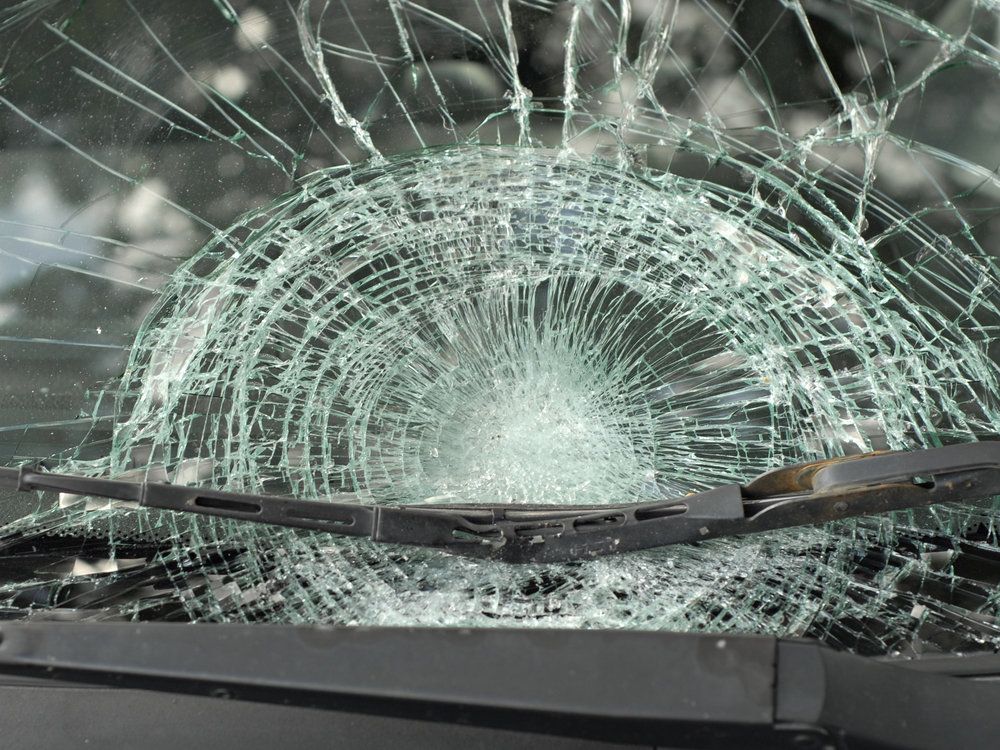
According to numbers from the California Highway Patrol, there were 38 auto accident fatalities and 3,501 car crash injuries in San Francisco in 2015. In the same year, Alameda County recorded 87 accident fatalities and 7,370 injuries, and San Mateo County recorded 33 fatalities and 2,641 fatalities. These numbers reveal the sheet number of serious auto collisions that occur in the San Francisco Bay Area in an average year. This is why attorneys Richard T. Bowles and Michael P. Verna take crashed so seriously.
The police report of a motor vehicle crash can play a helpful role when attempting to prove fault in auto collision and car accident lawsuits. The legal team at Bowles & Verna LLP would like to explore this issue in greater detail below.
About Police Reports
In the most basic of terms, a police report provides a summary and description of an incident as described by an officer who responds to your call. With motor vehicle crashes, the police officer will usually record all factual information related to the collision while offering a summary/assessment of what transpired.
What Information Is Contained in a Police Report?
Information commonly included in a police report will usually include:
- Date and time of the accident
- Location of the collision
- Vehicles involved and license plate numbers
- Names, contact info, and insurance details
- Information on witnesses to the crash
- Statements from motorists and witnesses
- Descriptions of vehicle damage
- Diagram of the collision
- Notes on road and weather conditions
- Notes on laws violated/citations issued
- An opinion on the cause of the accident
Fact vs. Opinion in Police Reports
You’ll note that there is an opinion by the police officer included in the report. While the rest of the police report is factual, the opinion of the police officer is usually considered subjective. In fact, the officer’s assessment of the accident may differ from the representative from your insurance provider or the other motorist’s insurance provider.
How to Obtain a Police Report
There are two options for obtaining a copy of the police report for your collision:
- You can receive a free copy of the police report through the claims representative of your insurance company. This can be done so long as the insurance company has already requested the report for themselves.
- You can obtain a paid copy of the police report from the law enforcement office where it was drafted. After the accident, the officer will give you a receipt and report number so it can be looked up. An affordable administrative fee will be charged.
Can a Police Report Help Prove Fault?
Potentially, but not always. The mix of fact and opinion in the police report could make establishing fault a bit tricky. If there were laws violated and citations issued, this can help build your case and establish the liability of another party, but the police report alone may not be sufficient to prove fault.
How an Attorney Can Help
An experienced auto accident lawyer can look over the police report, physical evidence, witness testimony, and other documentation to help build your case. By considering the accident from various aspects, your lawyer can fight to ensure your side is properly presented.
Learn More About Auto Accident Lawsuits
For more information about auto collisions and your legal rights, be sure to contact an experienced injury accident lawyer. The legal team at Bowles & Verna LLP is here to help. You can reach our law firm by phone at (925) 935-3300.

